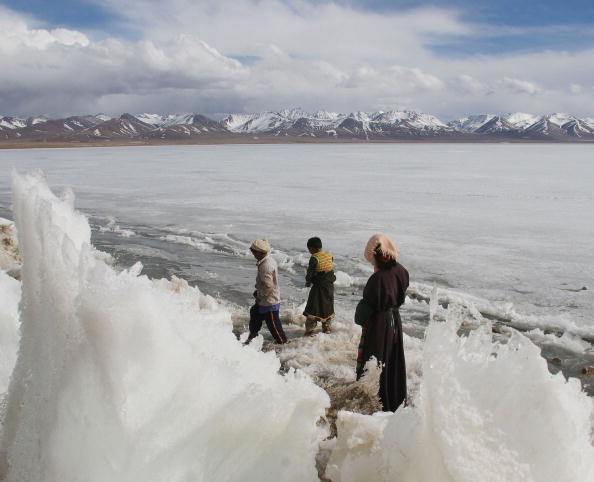If Switzerland is the ski capital of Europe and Aspen its counterpart in North America, in Asia, China hopes to earn that title. It has already done two steps to fulfill that goal.
First, it bid and won the right to host the 2022 Winter Olympic Games. Second, it must build the highest ski resort in the world in Lhasa, capital of Tibet. The construction is included in the 13th Five-Year Plan of China which covers the years 2016 through 2020.
Tibet is an ideal ski ground because of its five mountains that are higher than 8,000 meters, 70 mountains higher than 7,000 meters and at least 1,000 mountains higher than 6,000 meters. The average height of these peaks is 4,500 meters above sea level.
These physical and geographical attributes make Tibet an ideal winter sports venue, particularly for show and ice sports, said Nyima Tsering, deputy director of Tibet’s sports bureau. Ahead of the Winter games, Nyima hopes to see Tibetan ski athletes at the Winter Olympics in 2022.
In July 2015, the International Olympic Committee awarded the hosting of the 2022 Winter Games to Beijing, beating Almaty in Kazakhstan even if the European city is snowier than Beijing. That would make the Chinese capital city the only city in the world to host both Winter and Summer Games which Beijing hosted in 2008.
But he acknowledged that China is new to skiing and Tibetans have a long way to go to excel in that particular sport. Nyima said that building the ski resort in Lhasa is right because it would make available facilities to young athletes to learn Skiing 101 in a controlled resort setting before they attempt to try the sport in the area’s natural snow-capped peaks.
To develop Tibetan athletes, Nyima signed on behalf of the sports bureau and its counterpart in Heilongjiang Province a training program for young Tibetans. To serve as the coach of the aspiring Tibetan skiers is Azha.
Azha was the trainer of Dorje, one of four Tibetan skiers who took part in the 2016 Sohu Vup national ski mountaineering event. Dorje placed eight in the competition’s men’s event even if the four only had 90 days of training.



























